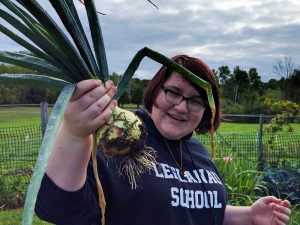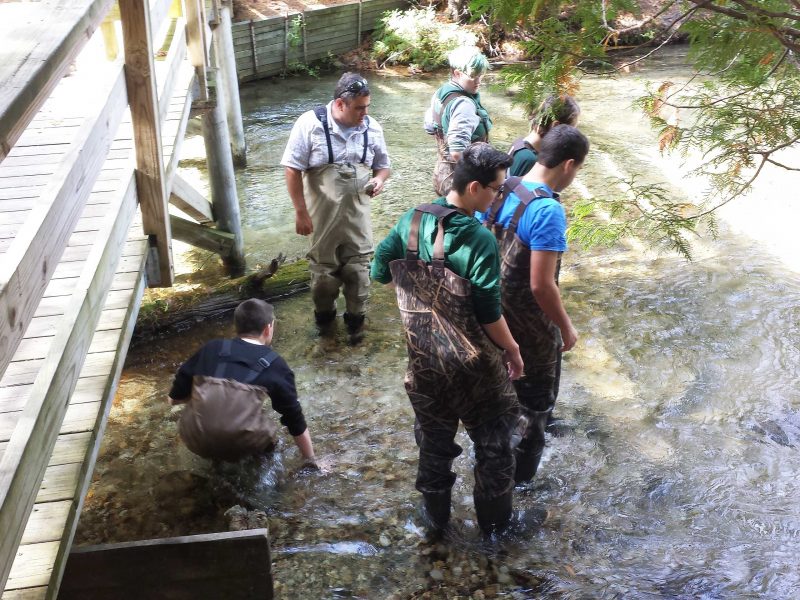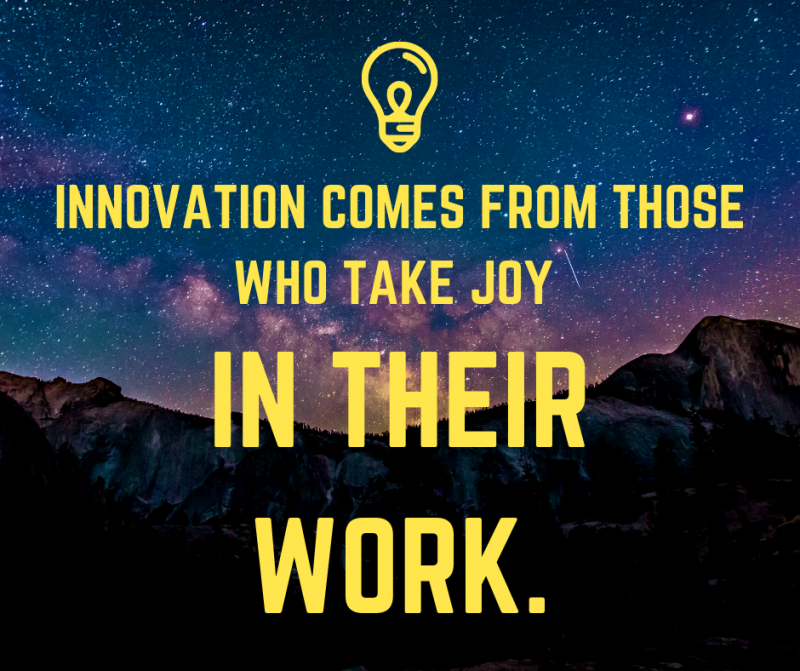
What Does It Take For Students To Love School?
ABOUT A 4 MINUTE READ –
Does Your Child Love School? For Far Too Many Children In Our Nation, The Answer Is “No”.
In many school settings, students are asked to comply rather than engage. The measures of success are almost always standardized or formulaic. Options for demonstrating learning are narrow and non-inclusive. Students feel “sorted and selected” based on finite and external definitions of success. It is unreasonable to expect gains in learning, or joy in attendance, when students feel like they exist for the school, instead of the school existing for them. Such practices naturally lead to student apathy, anxiety, boredom, and resentment. Such feelings can lead to negative behaviors and family stress.
Students Expect More From School
Regardless of labels and learning styles, all students expect more from their schooling. They expect to have a voice in the classroom. They expect to advocate for themselves. They expect to have multiple pathways for engagement, and a variety of ways to demonstrate understanding. They expect learning to be active and relevant to their lives. They expect it to be a communal process. They expect to be challenged. They expect it to be an adventure. And they are right to expect such things.
The Need To Experience Learning
Throughout human history, people have learned through the natural processes of observation, apprenticeship, and applicable problem-solving. The arc of learning, long before the first schoolhouse opened, followed natural curiosity and a need-to-know, supported with coaching and experience.
There is a quality to instruction at Leelanau that distinguishes us from other schools. We describe it as “A Better Way to Learn”.
Cognitive research and studies in human development suggest that the best way to learn is through authentic experiences, where students uncover understanding in meaningful and relevant activities. The adolescent brain requires challenges and adventure for healthy growth and development. Adopting this as our guiding instructional philosophy, we get students moving, draw on past experience, initiate more meaningful discussions, and allow for deeper questioning. We focus on how to learn, rather than what to learn. Learning becomes a personally empowering endeavor, owned by the student.
 Experiential learning is learning through:
Experiential learning is learning through:
- Exploring and experiencing in order to find relevance and to have authentic engagement.
- Connecting and creating to relate to prior knowledge and conceive new understandings.
- Sharing and reflecting to integrate differing observations and commit it all to the brain.
Being Ready For The Future
To prepare children for their future as engaged community members, employees, entrepreneurs, and eventual parents, they need to be immersed in meaningful, creative, and intrinsically rewarding experiences. There should be relevant discoveries through experiential learning every single day.
In this approach, learning is more vigorous in concept and process. Critical thinking skills are sharpened and there is more joy in discovery. And anything that brings joy into the process of learning is worth pursuing. W. Edwards Deming said, “Innovation comes from those who take joy in their work.” We know this is true because we see it in our students every day.
A Sacred Responsibility
I have learned that vibrancy in teaching and learning flows easily when the students, faculty, and parents share a philosophical belief in the significance of our time together. A communal sense of purpose is essential in any grand endeavor. I have sought to create and support spirited and humane schooling throughout my career. As the Head of School, my sacred responsibility is to ensure we each feel agency in the adventure of Leelanau.
Faculty and students will always be challenged to approach teaching and learning with enthusiasm. Teachers are expected to innovate, create, and provide meaningful experiences that unlock new understanding. They are obliged to listen, observe and respond to student needs. Students are taught to ask for help, self-advocate, persevere, and take pride in their work. They are called to voice their opinions, cooperate with their classmates, and support the learning of others. By focusing on the importance of our time together, we create a school that is inviting, challenging, and authentic. Leelanau is a safe and exciting learning community.
For whom are we a “Better Way To Learn”?
The answer is simple: Everyone.
This post was written by Rob Hansen, Head of School at The Leelanau School. Rob believes in the tenants of “learning by doing”, the synergy of intellectual, social and emotional development, and the importance of personal relationships in support of learning are not new ideas. Read Rob’s Head of School Message.
PIQUED YOUR INTEREST? Check out our post Is Experiential Learning The Same As Hands-On Learning?


Favorite Blog Posts Of 2019 | The Leelanau School
[…] What Does It Take For Students To Love School […]
Fostering Student Ownership In Learning | The Leelanau School
[…] PIQUED YOUR INTEREST? You might also like our post What Does It Take For Students To Love School? […]